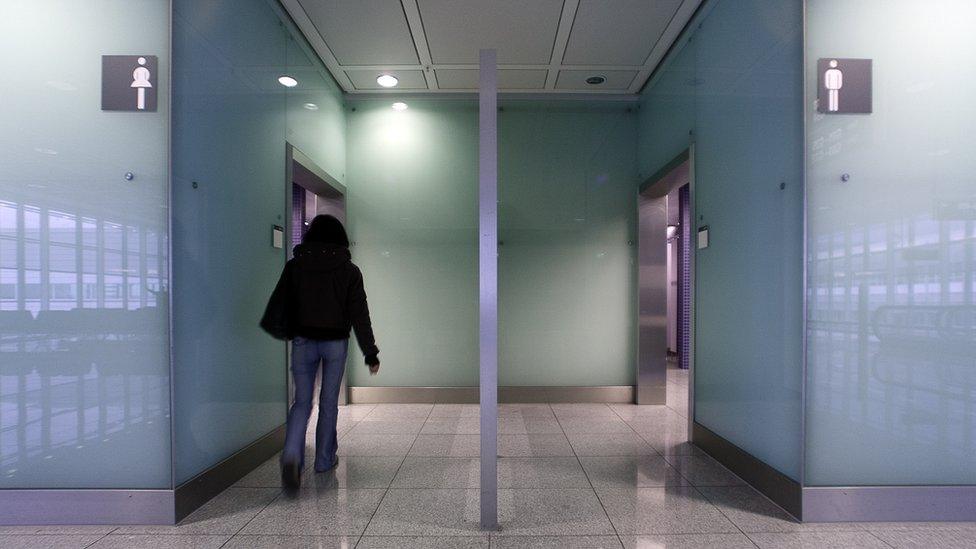NZ ex-official guilty of hiding camera in embassy toilet
- Published
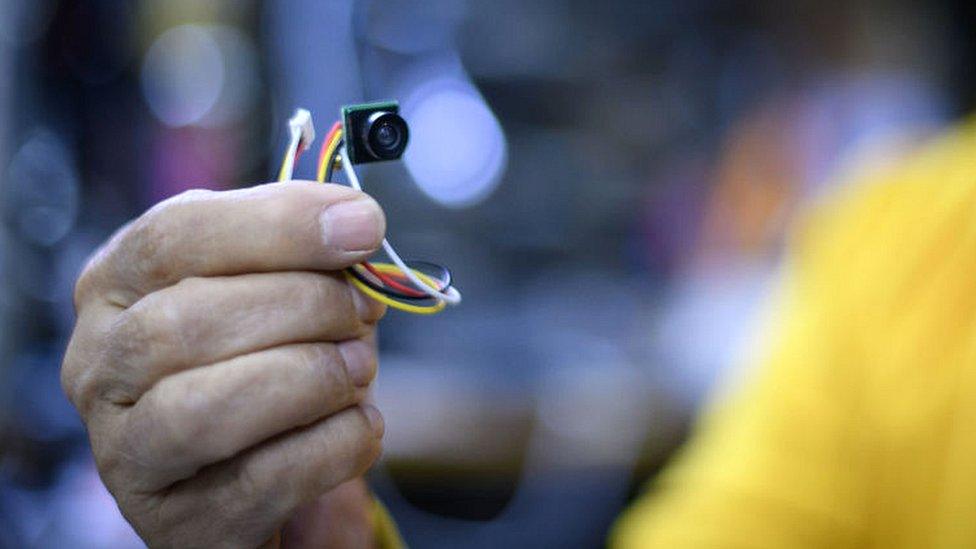
File photo of a mini camera unit that can be built into custom made devices
New Zealand's former top military official in the US has been found guilty of planting a secret camera in a unisex bathroom at the country's embassy in Washington DC.
Alfred Keating faces up to 18 months in prison for attempting to make an intimate visual recording.
Keating's DNA matched traces found on the SD card in the camera, which appeared to have been in place for many months.
He will be sentenced on 25 June.
Taped under the radiator
Formerly in the Royal New Zealand Navy, Keating was the highest ranking official at New Zealand's US embassy when the camera was discovered in 2017.
Because he was a foreign official, New Zealand was responsible for Mr Keating's trial, despite the offence taking place in the US.
In April, Auckland District Court heard that the camera had been hidden in a heating duct, and was found by an embassy worker when it fell onto the floor.
The man initially thought it was a memory drive, but then noticed a tiny camera lens and the brand of the camera, BrickHouse Security.
Investigations of Keating's laptop showed he had accessed the website of BrickHouse security, a company which sells hidden video cameras.
A homemade mount was also found taped under the radiator, covered in a layer of dust, suggesting the camera had been in place for some time.
The camera was sent back to New Zealand for investigation by police, who found over 700 deleted files and 20 existing files on the memory card.
They found 19 images of people using the bathroom over a period of five hours.
Keating had pleaded not guilty to the charges. He also sought to have his name suppressed, arguing that revealing his identity would cause his family "extreme hardship". The request was dismissed.
His lawyer Ron Mansfield criticised the methods used to test for DNA, saying the evidence had been contaminated because several other embassy staff members had also handled the device after it was found.
He also called the investigation "inept and incomplete"., external
- Published8 April 2019
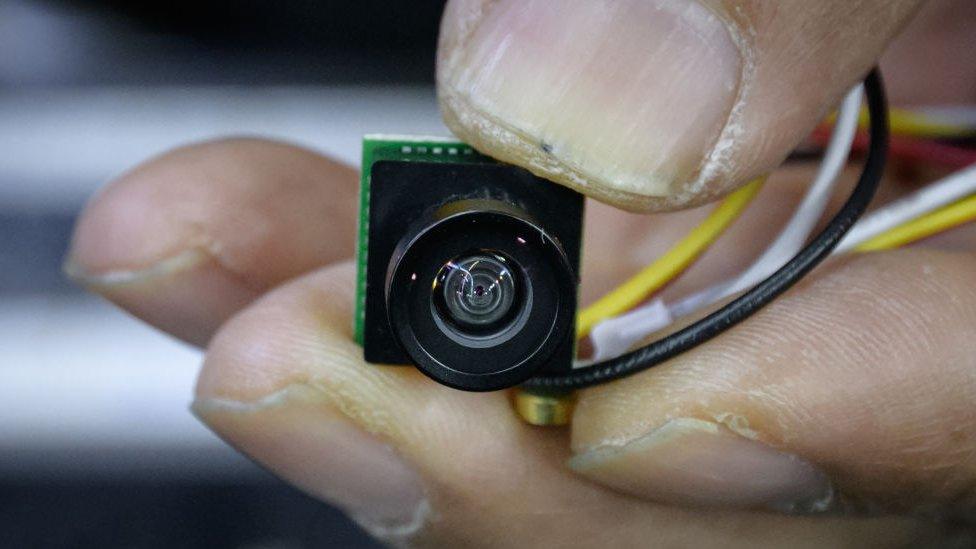
- Published4 May 2018
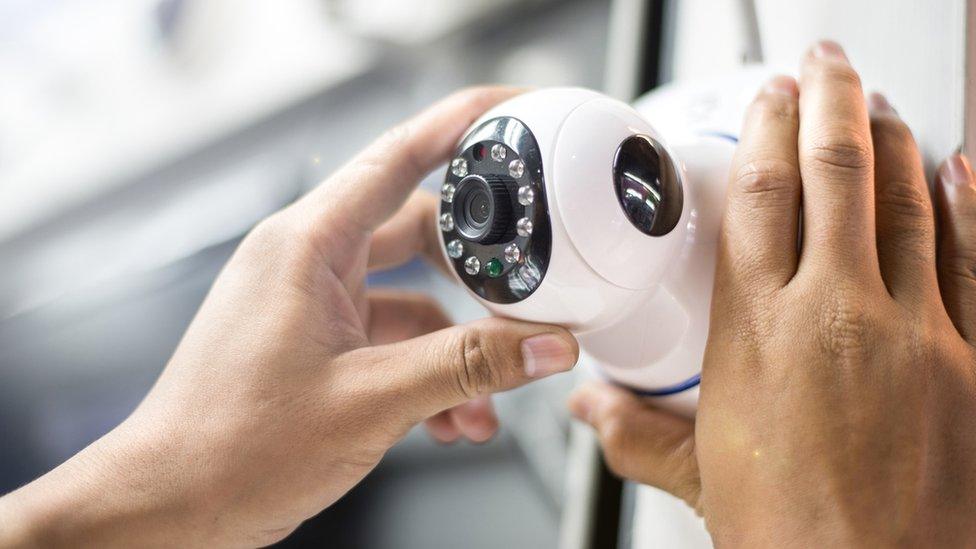
- Published20 March 2019
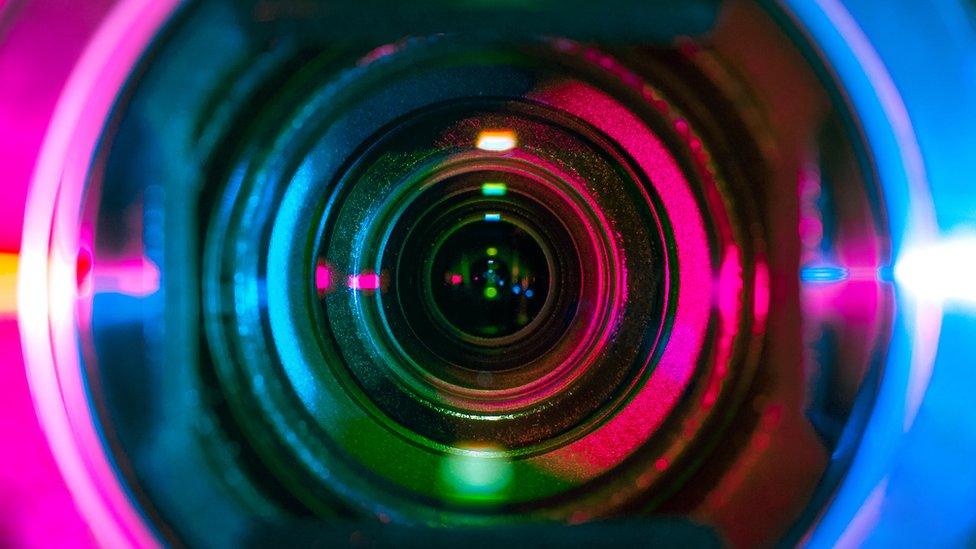
- Published3 August 2018
